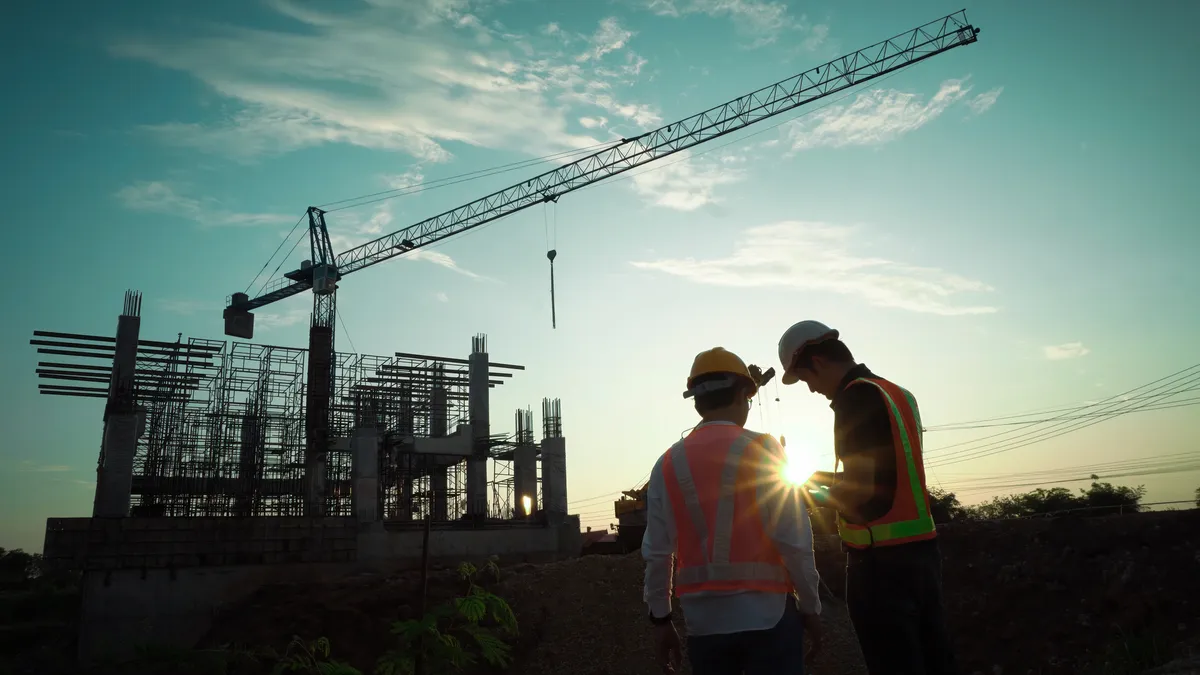Chad Prinkey is CEO of Well Built Construction Consulting, a Baltimore-based firm that delivers strategic consulting, facilitation services and peer roundtables for construction executives. Opinions are the author’s own.
How does your construction business win work today? If you’re like the hundreds of typical contractors, you’re probably getting on bid lists, bidding work, following up (maybe!) and being awarded projects as the “lowest qualified bidder.” It works, right?
Your ability to secure competitive pricing from vendors and subs, and your confidence in operations to efficiently run work absolutely matters. As a growing company, you’re never going to win work consistently if hiring your firm is cost prohibitive.
I’ll shoot you straight, though: If your sales approach boils down to “be the lowest qualified bidder,” you might as well add “fingers crossed” as an official step in your sales process.
The low bidder won’t always win the day, and if you’re only winning when you’re low, you are leaving a ton of business and profit on the table. Let’s run through what separates top construction sales teams from the norm.

The power of process
When an opportunity comes in the door, top teams have a documented and methodical approach to put themselves in the best position to win. They have a sales process designed to give them an advantage over their competition.
Your sales process should be uniquely designed to meet the realities of your business, the market(s) you serve and your competitive environment. As a rule, your sales process should:
Quickly evaluate and separate the wheat from the chaff. You probably don’t have unlimited sales and estimating resources to effectively chase every project so focus on the ones that fit your business and have a high potential of converting to a sale.
Create interactive conversations with your buyers. In most cases, humans are making buying decisions, and without talking to them you’re just another number.
Provide you with essential information about the project, buyers and competitors. A little key information goes a long way to help your team highlight key differentiators beyond price in your proposal.
Put you in a position to close the deal. You need an opportunity to present your unique approach to the project and your team’s ability to deliver optimal results. You should also plan to field questions from the customer to put their mind at ease. Without this opportunity, your bid is all the information available to your buyer to make a decision.
Depending on your business, you may have multiple sales processes adjusted to fit various scopes and customer types. Well-designed sales processes can double your win rates or even better. Don’t skip this step, it’s well worth the effort.
Take note: Having a sales process is different from following one, so your team must deeply understand it and buy into the process to glean the benefits. They’ll also need to be competent enough to execute the process.




























